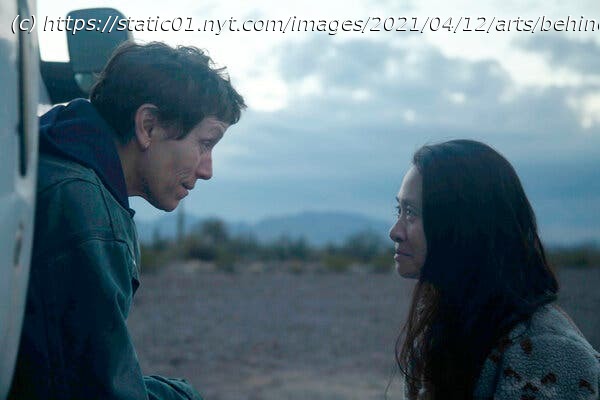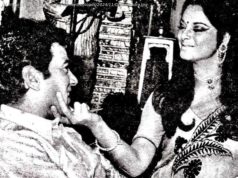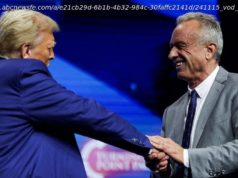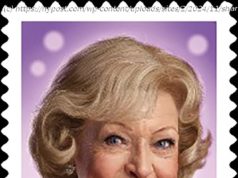I spoke with directors of the films competing for the top prize at the Oscars. Here are my takeaways.
In a year when theaters were largely closed, it has been a strange path to the Oscars on Sunday. Along the way, I spoke to the directors of the season’s most acclaimed films about key moments from their work. Below are clips and commentary from all but one of this year’s best picture nominees (David Fincher, the director of the Netflix feature “Mank,” declined to be interviewed for the series). The takeaway: A film about a heartbreaking issue can be approached in unconventional ways. To tell the story of a man suffering from dementia, the director Florian Zeller plunged the audience into the experience. This scene operates on one level like a puzzle that needs to be solved. It begins in a somewhat routine way but builds to a moment when the father (Anthony Hopkins), as well as the audience, is thrown off balance. “What I tried to do in ‘The Father’ is to put the audience in a unique position,” Zeller said, “as if they were, in a way, in the main character’s head. And as a viewer, we have to question everything we are seeing.” The takeaway: An interrogation can continue after the questions end. In this 1960s-set drama, Lakeith Stanfield plays Bill O’Neal, a young man who is initially caught using a fake F.B.I. badge to aid him in stealing a car. But when O’Neal is interrogated by an agent, Roy Mitchell (Jesse Plemons), he comes to be seen as informant material. The director Shaka King spoke about the importance of the scene in shaping the overall plot. A few questions solidify O’Neal’s character in the eyes of the F.B.I., and he becomes just the right vessel to collect intelligence about the Chicago Black Panther Party.






